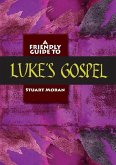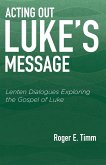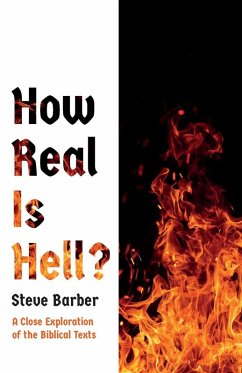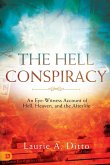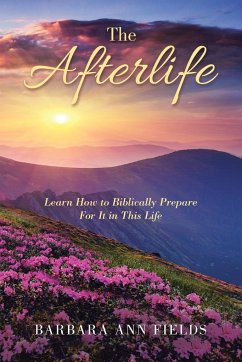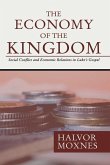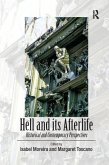AbstractIt is the intention of this thesis to examine, through a Lukan lens, what happens to the deceased between their physical death and the resurrection to life anew at the Second Advent. This is a vital question, as everyone is intrigued, if not highly concerned, to appreciate their respective fates in the afterlife. Are the deceased aware of themselves and others? Is there a heavenly or hellish realm into which they enter? Are angels or demons standing by to welcome them into their new abodes? Do they interact with God or Satan? Is there any knowledge of life on earth, or, are they simply asleep and blissfully unaware of their own existence? Waters (2012) highlights the situation admirably, when he writes that: 'Many pastors and parents have been asked at a graveside, "Where is Grandma now? What is she doing? Is she with Jesus already? Are she and Grandpa back together? Does she know what we are doing?" These questions are not the product of idle speculation or curiosity; they are of crucial importance to the individual posing them. An opportunity to offer comfort and encouragement is available to the Christian who is informed on the matter."Death, though it would appear to be man's greatest enemy, would in the end, prove to be his greatest friend. Only through death can we go to God." Romans 8:38-39 clearly states, "For I am sure that neither death nor life, nor angels nor rulers, nor things present nor things to come, nor powers, nor height nor depth, nor anything else in all creation, will be able to separate us from the love of God in Christ Jesus our Lord" (italics added)' (p.303).The Bible suggests that the dead do live again and are raised to life anew at the Parousia, yet information as to what happens between these events is sparse, contentious and contradictory. The Christian traditions posits that dead believers enter heaven upon their demise and that the wicked are banished to hell, but are these biblically supported notions, or, myths designed to offer comfort to the saved and a clarion call to the wicked to amend their ways before it is too late? In the academic community, there are two schools of thought. One view is that the saved enter into God's presence upon death and enjoy the heavenly environ as they await the inevitable resurrection to follow at the Parousia. In the case of the wicked, they are banished to hell, where they suffer the consequences of their choice to have lived in rejection and rebellion of God, before they too are resurrected to face judgement and eternal exile thereafter. On the other hand, there is a significant portion of the academy which attests that all sleep in the intermediate state, whether saved or unsaved. Then, at the Parousia, all are raised to life and are either rewarded for their good works (the saved) or judged for their waywardness (the unsaved).
Hinweis: Dieser Artikel kann nur an eine deutsche Lieferadresse ausgeliefert werden.
Hinweis: Dieser Artikel kann nur an eine deutsche Lieferadresse ausgeliefert werden.


